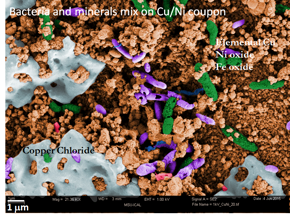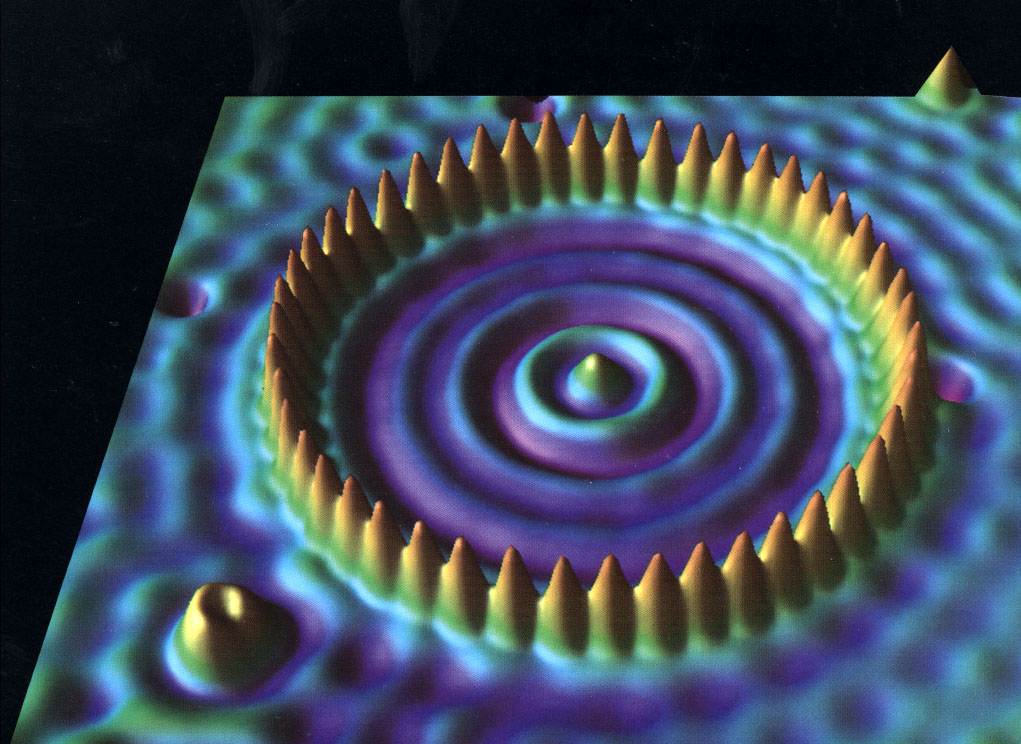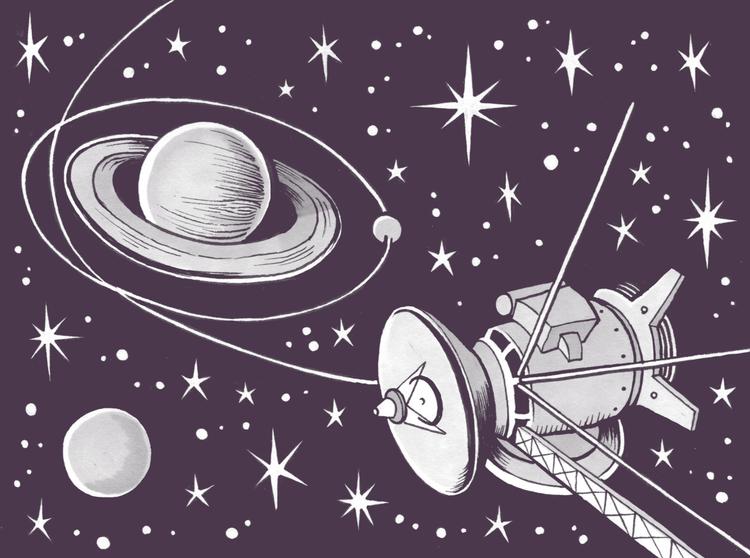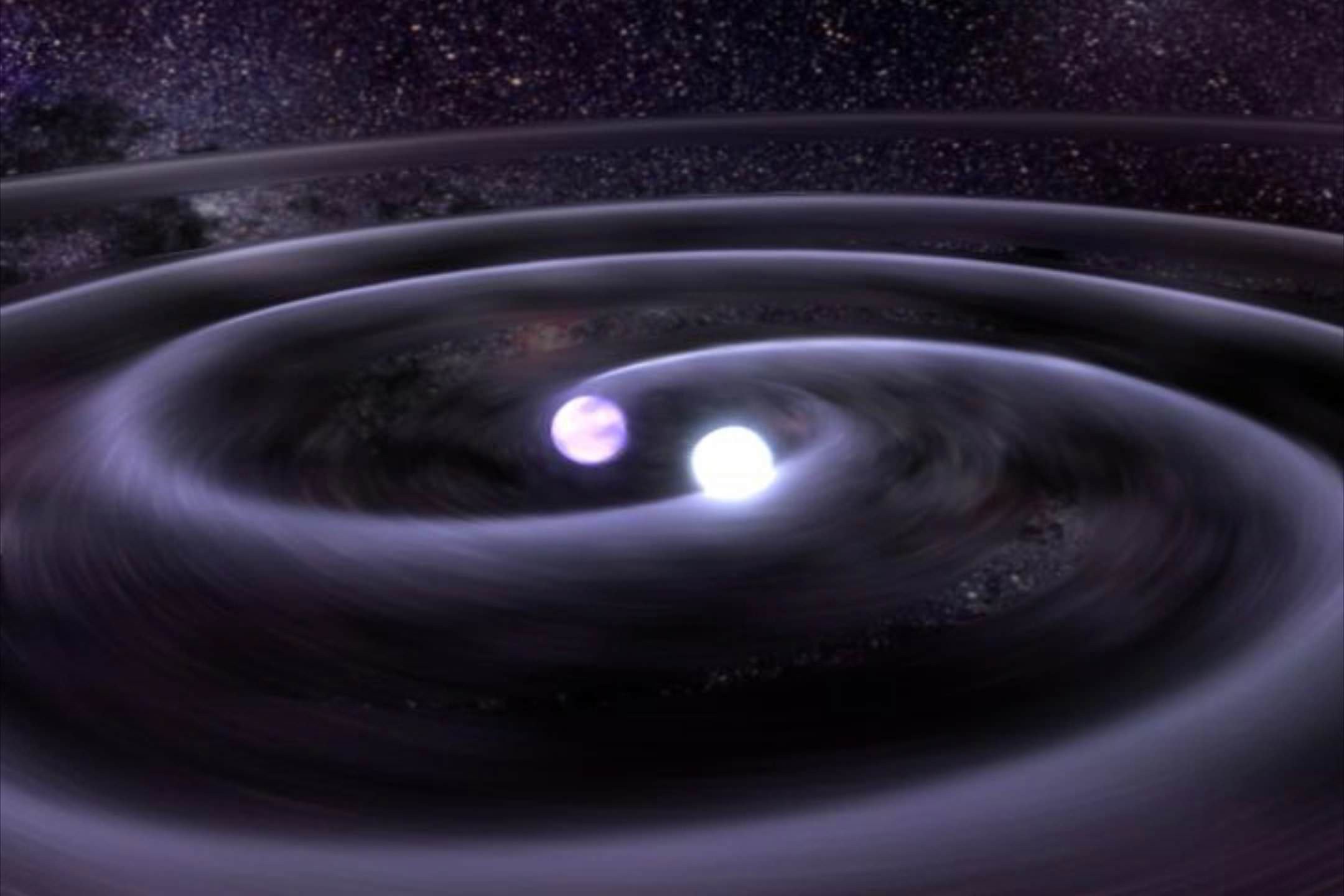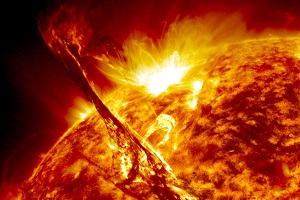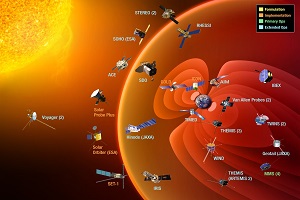Graduate Program Overview
Interested in Applying? Visit the MSU Graduate Application Portal!
Our research groups are small (just the right size!) so that students receive time and attention from the faculty. Yet we have all the resources of a major R1 research university. This enables a broad range of services and facilities so that our graduate students can excel in their research.
Our students conduct research in
- Astrophysics, condensed material (especially quantum materials), physics education, optics and photonics, gravity, solar physics, and space physics.
To be sent more information on any of these areas, please submit this Physics Inquiry Form
Your first year of graduate study is designed so you can engage in research early, and we partner with university housing – the most affordable option in our town. We are also known for our abundant outdoor recreation – our graduate students (and faculty) often have their best ideas while hiking, skiing, or fishing in Montana’s beautiful landscape.
You can embark on a wide range of careers after you finish their degree. Including teaching at a college or university, product development in industry, research at a national lab, or starting up your own company.
- Degrees Offered: M.S. and Ph.D. in Physics
- Faculty & Students: Over 30 faculty members maintain close engagement with 60+ graduate students and postdoc researchers.
- Research & Facilities: The department boasts state-of-the-art labs, a research-grade machine shop, and high-performance computing (including quantum computers).
Here are some useful links:
- Physics Inquiry Form
- Checklist for Admission
- Program information
- Frequently asked questions (FAQ) about our graduate program from applicants and prospective graduate students.
- Master in Optics and Photonics
Interested in Applying? Visit the MSU Graduate Application Portal!
In more detail, we offer
- Quality mentoring.
- Faculty spend considerable time mentoring their graduate students. Groups are just the right size; small enough so that faculty are available and large enough with rich, exciting discussions about physics.
- Each student has a graduate committee with five experts to help them complete their research. You can build your committee with people in different disciplines, research centers, and industry experts.
- Outdoor recreation and exciting life outside of work
- Bozeman is 90 minutes from Yellowstone National Park, and our town is surrounded by mountains, lakes, and forests. Graduate students hike, ski, and mountain bike- at all levels! Even if you don't have any experience, there will be a group of other students willing to teach you and help you get started.
- Out town's entertainment calendar is filled with affordable music, eating options, and a theater. Ranging from Shakespeare in the Park, to music festivals, a symphony, a film society, and a regular set of concerts at performance venues in the city. Bozeman is ranked as the best college town in America. https://www.rentcafe.com/blog/rental-market/market-snapshots/best-college-towns-2025/
- Affordable
- A web-search on apartment rents might suggest otherwise, but many graduate students live in university apartments which are incredibly affordable. A shared 2-bedroom apartment is approximately $500/month/person! https://www.montana.edu/housing/apartments/index.html
- Our PhD students receive a monthly stipend of about $2165 per month for a teaching assistantship and $2444 per month for a research assistantship. Tuition is fully paid for.
- We also cover much of your healthcare costs. Because your insurance needs will vary (single, married, or dependents), we provide a monthly extra amount (about $200/month) for you to purchase insurance on the ACA marketplace. These plans are typically better than many other universities' insurance plans, and the extra amount more than covers a typical ACA premium. Similar marketplace plans are available for international students. Details for both can be found at https://www.montana.edu/gradschool/wellness/healthcare_options.html
- Notable Institutes:
- Students engage with facilities such as the eXtreme Gravity Institute, Spectrum Lab, Optical Technology Center, Space Science & Engineering Lab, the Montana Quantum Foundry, and QCORE
- Course Offerings
- Courses in advanced topics such as General Relativity, Non-Linear Optics, Magnetohydrodynamics, Black Hole Theory, Quantum Field Theory, Condensed Matter, and Astrophysics are offered in addition to the core graduate physics curriculum. A complete list of courses being offered can be found on our course offerings page.


